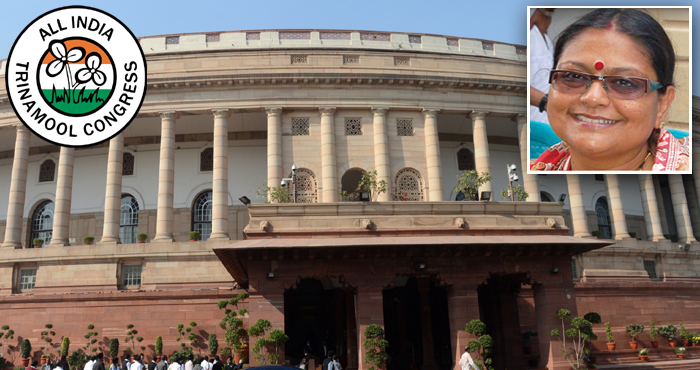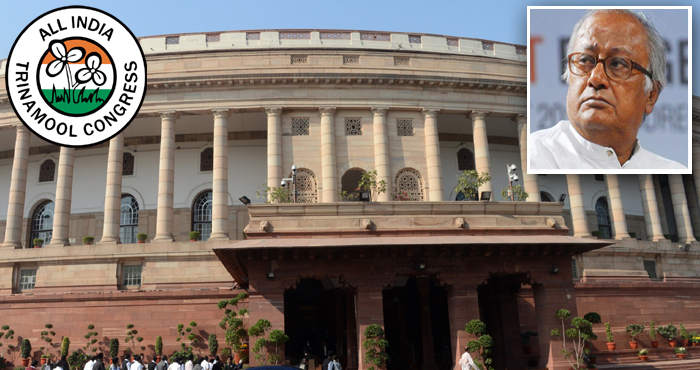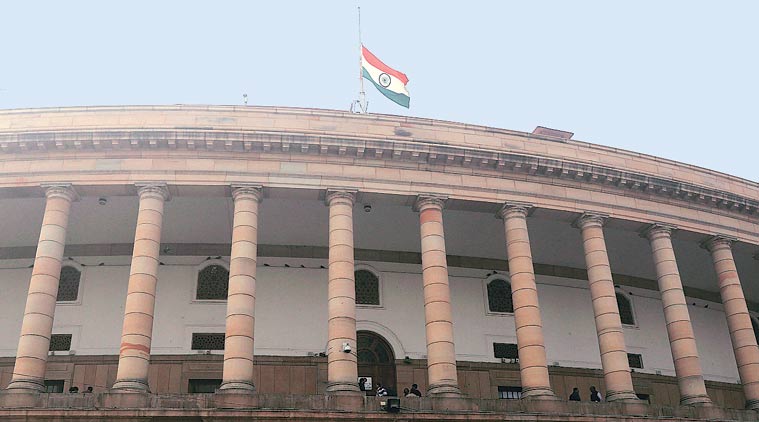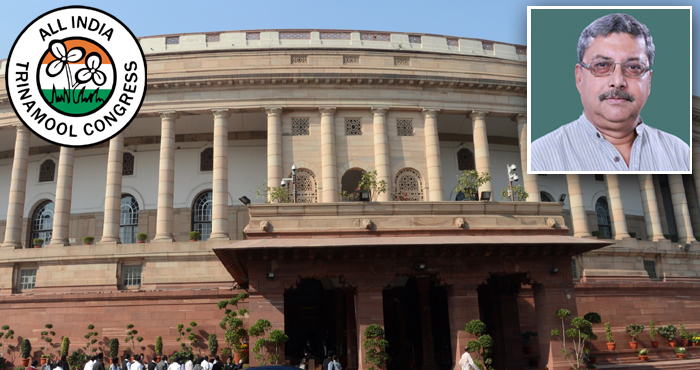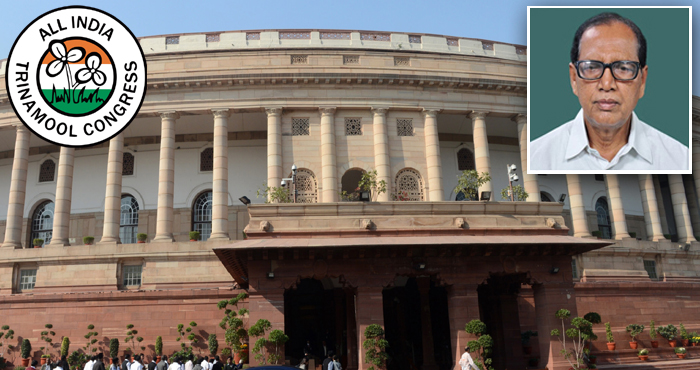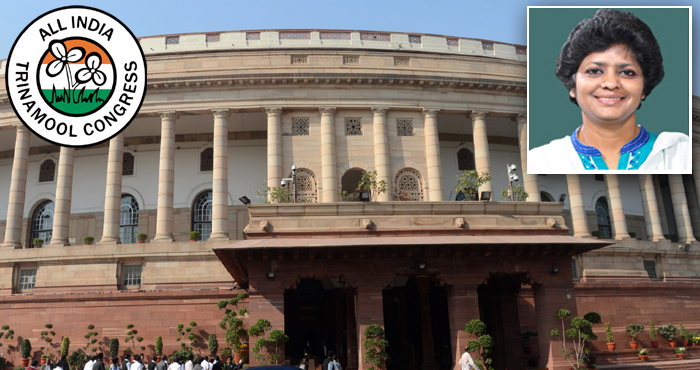FULL TRANSCRIPT
Thank you, Chairman Sir. I stand here on behalf of All India Trinamool Congress and I would like to congratulate the Hon’ble Labour Minister for having given such a wonderful thought for ladies. Kal hi hum Antarjatik Mahila Divas manaye hain aur aaj hum charcha kar rahe hain mahila ke liye, aadhi abadi ke liye. Kehte hain ‘Der aaye, durast aaye’. After 55 years, we are bringing the amendment. But after all we are bringing in the amendment, that is one thing to rejoice and I congratulate you, Sir. We support this Bill.
But as I will slowly elaborate, I completely support Supriya Sule ji, that we need other ministries on board, and I am happy that our Hon’ble Minister for Women and Child Welfare is here. We should have a joint supervisory body, which should have members from, along with the Labour Ministry, the Women and Child Ministry and the Health Ministry, because this subject entails all of them – this is not something only to be dealt with by the Labour Ministry alone.
Childbirth is such a beautiful experience and all of us women have gone through the experience. At the moment, whatever the amendments that have been brought, there has been definitely much improvement on what we had – 26 weeks is good enough because the World Health Organisation gives us a suggestion for 24 weeks of breastfeeding which enhances the resistance of the child towards respiratory tract diseases and diarrhoeal diseases, and therefore brings down the mortality thereof.
We have the example of the Bengal Government, the second time elected government led by the CM Mamata Banerjee. she started this thing of ‘Mother & Child Hub’ in which from the last trimester, the pregnant women are been brought and have been kept there. They have been given nutritious diet and specialised doctors are looking after them. So, the reports of the stories that we read in the past – that while reaching the hospital the women has given birth on the road or died on the road – does not happen. For that we have improved statistics as far as infant mortality and maternal mortality is concerned in the State.
Also in the country we are doing well but we should do much better; we want to go and touch the Millennium Development Goal 5 which we as a country have not yet touched so we should also give our thought to this. How do we point out as to which of the women need care? If we can universalise institutional delivery then only we can get to know which of the women need more care because we cannot have same sort of leave benefits for all women.
Certain women suffer from medical diseases like hypertension; then they have pre-eclamptic toxaemia. They may have diabetes while some might have cancer, some might have APLA syndrome, polycystic ovaries, some might have other diseases like systemic lupus erythematosus, in which cases the mothers needs more care. In those cases 26 weeks is not enough. That is why I said that the Health Ministry should also be taken on board.
Today we have many more girls coming into our services. There are girls who are patrolling our borders ,we have women working in the BSF, we have women working in the SSB, we have women in the ITBP, we have women in the CISF, in the defence forces and in the CRPF. They should be given little more benefits because their life is more active than a normal woman who is at home. Right after childbirth they should not be sent to the remote areas. We must universalise antenatal care.
Hoardings, billboards and flexes must be put up in rural areas in the regional language and the vernacular so the women going to the market or on the road can read what is written there. Tetanus toxoid shots are required to prevent tetanus or antenatal check up, folic acid and RN tablets are required. So, these also should be included and monitored so that the women who are in the villages, who are in the rural areas they know exactly what to do.
In spite of this being a very nice Amendment Bill, I would like to demand and draw the attention of the Hon. Minister that universal help for all BPL family women should be brought. Unorganised sector & organised sector should be brought under the purview of this Bill; even domestic helps, agriculture workers, site workers, mine workers and the farm hands – everybody should be included because it is a pain of all ladies throughout the pregnancy and they should be taken care of.
It is of great pleasure that you have put in the issue of commissioning mothers here but they would require a little more benefit that what you have mentioned for them and also I would draw your attention to the fact these days girls are studying more, they are getting married at a later age and when they try for pregnancy then most times they are unable to conceive because of their raised age they have to take help of donors (after consultation and informed consent). These girls are doing social work by donating their eggs so they should also be given some kind of benefit.
The surrogate mother should be given some kind of benefit because she is the one who is holding the baby for so many months (when it is not done commercially it is done only through good will). I have delivered babies where the mother of the patient has delivered, where the sister-in-law of the patient has delivered. So we must also take them into cognizance when we are making this Bill.
And, as has been done in Bengal, I would also like to reiterate that we want paternity leave for the menfolk because having a child is a joint effort, it is a joint venture of the mother and the father. The Hon’ble Supreme court has also given all rights to single mothers, so single mothers should also be specially included for the benefits and mentions.
Thank you, Sir.

